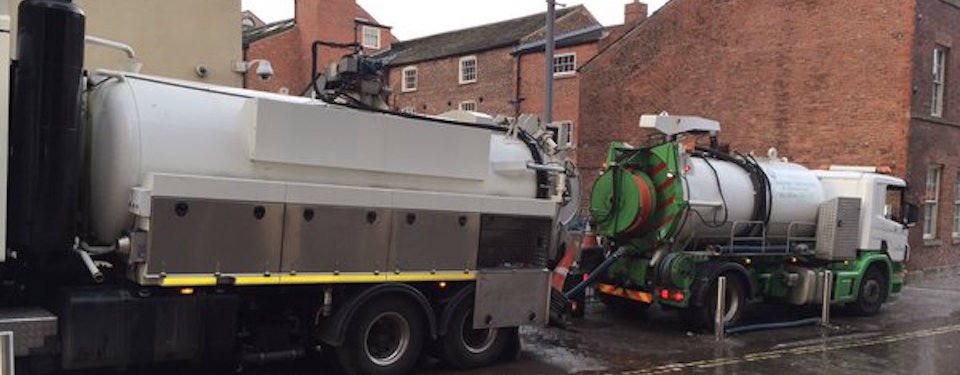
The first indication was the automated flood warning phone call from the Environment Agency.
There wasn’t much I could do about it as I was away at the time enjoying Boxing Day with the family and my two grandsons, but I spent the evening watching the River Aire rise alarmingly, courtesy of Twitter and some intrepid reporting by South Leeds Life, including photographs of water where we have never seen it before.
Once the previous record level was passed, everyone knew that the city centre was in for a hard time, and as I learned later, at about 11pm the police came round to ask my neighbours in the block to move out because of the risk from the rising waters. I was on the phone to the Chief Executive of the Council, the head of Northern PowerGrid and the Yorkshire manager of the Environment Agency to get their best assessment of what was happening.
When I got to Leeds the following morning, the River Aire was still a turbulent torrent, even though the water levels had dropped from their peak in the early hours, and the flood had left behind a lot of silt and mud. I peered into the flooded basement car park of our block but could not see my car. I then went for a walk around the area to talk to the residents and businesses affected.

They showed me cellars full of muddy water, premises with no electricity, stock hurriedly rescued, tankers pumping water out, and an abandoned flat where the furniture was floating around the living room. The reactions ranged from purposeful stoicism to weariness and despair (especially for those with no insurance). I learned from having dealt with the floods in 2007 as the Environment Secretary that people respond in different ways, but the truth is that nature is much more powerful than us human beings.
Four days later, I went back to some of the same businesses to see how they were faring. Power had been restored to most and people were just getting on with it, displaying that extraordinary resilience that human beings show in the face of adversity.
As ever, our public services – Council and Environment Agency staff, the emergency services, the Army, contractors and maintenance companies, claims assessors and insurance companies – all worked incredibly hard to help those affected and restore services. And, as always happens, the public showed great kindness to neighbours in distress.
As the clean-up continues, what have we learned? It was certainly bad for those affected in the city centre, but elsewhere across the north, it was even worse for some people who found themselves flooded out for the third time in as many months.
There is no doubt at all that our climate is changing and the world faces a future of too much water in some places and not enough water in others. So we have to protect ourselves as best we can and learn to adapt.
And of course we need a big increase in investment in flood defences, including in Leeds. A major flood defence scheme was prepared in 2011, but when we went to see the government about it they made it clear that they weren’t going to fund it. So the Council and the Environment Agency broke it down into three phases and got some funding for phase 1 which is currently being built. But given what happened on Boxing Day, as the city centre’s MP I am clear that ministers must now fund phases 2 and 3. No ifs, no buts.
It’s New Year’s Eve as I write this so can I wish you all a Happy New Year and thank South Leeds Life for being such a wonderful voice for our community. And my car? Well I managed to rescue a few CDs and tools from the dank muddy interior once the waters had subsided, but let’s just say that it won’t be passing its next MOT….



Interesting piece, thoughts must first be with those who lost possessions or businesses and we must hope that normality is restored for those affected asap.
However, rather than simply being lazy and blaming climate change, we must take prudent steps to mitigate damage caused by flooding, rather than believing that a few turbines and/or solar panels will solve the problem.
Start off by dredging the rivers on a regular basis – I know this will upset our unelected, unaccountable friends in Brussels, but so be it.
Next – stop cutting down trees in areas prone to flooding or on hills. Dead easy – plenty of natural drainage there.
Lastly – tighten planning laws in respect of construction in areas vulnerable to flooding – either reject applications or insist on adequate water attenuation to reduce the flow of water into our antiquated sewer systems.
The failure to maintain suitable infrastructure as our towns and cities become larger and more heavily populated is the primary cause, and the failure of successive governments to tackle this results in disasters such as this.
All the while we waste vast amounts of money on things that benefit nobody – non jobs in the public sector, EU membership, HS2, aid to countries with space programmes, stuff like that.